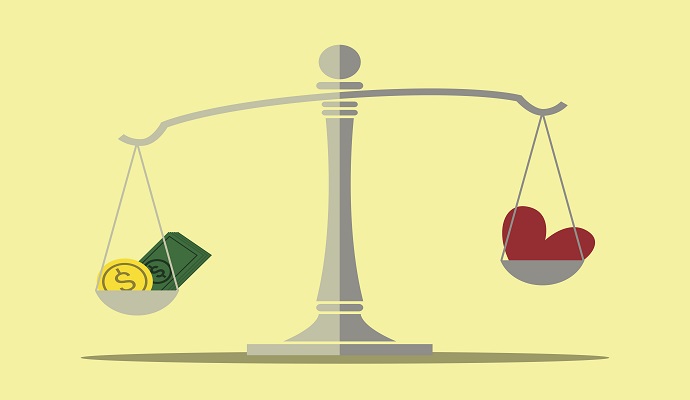1 in 3 Patients Worried About Healthcare Costs, Out-of-Pockets
A new poll found that out-of-pocket costs are top-of-mind for most Americans, with many saying it sways their vote in the presidential election.
The poll, which questioned nearly 2,300 adult patients living in the US, investigated the top of the concern of mind for the American patient, with healthcare affordability leading the way. Overall, 31 percent of respondents said they are worried about being able to pay for their health insurance, while 29 percent are concerned about the out-of-pocket costs associated with many prescription drugs.
The poll also looked at how those concerns may influence votes during the upcoming presidential election.

“Health care costs are at the top of voters’ minds,” said Sara Collins, the Commonwealth Fund’s vice president for Health Care Coverage, Access, and Tracking. “For many people, health care costs are growing faster than wages, leaving many vulnerable to medical bills they might not be able to pay or illnesses that go untreated.” Those identifying as Democrats, those who said they might vote Democrat come November, patients who are black or Hispanic, and those making less than $50,000 annually specifically shared this concern.
Patients reported resorting to drastic or unusual methods for paying off a large medical cost, the survey showed. About 46 percent of respondents with a medical bill issue said they have dipped into their savings or retirement funds to pay off a medical bill, while the same amount said they have borrowed money from family or friends.
Thirty-four percent took on credit card debt, 26 percent sold items like furniture or jewelry, and 7 percent used medical crowdfunding on websites like GoFundMe.
Patients are also reporting limited adherence to treatment or care access avoidance due to medical costs. Thirty-one percent of those ages 18 to 35 said they or a family member delayed care access because of the risk of a high medical bill. Thirty percent of them said they or their family’s health suffered due to that care avoidance, while 22 percent of the survey population overall said the same.
.This comes as leadership in Washington picks through various legislative proposals to stem the tide of surprise medical bills. Legal proposals include setting hospital rates at a certain percentage of the average Medicare reimbursement rate or using an independent, third-party arbitrator.
Patients who are Hispanic or black and those making less than $50,000 annually specifically shared this concern expressed worry about healthcare affordability overall, the survey continued. Forty-four percent of Hispanic patients said they are concerned about paying their payer deductibles and premiums in the next year, compared to only 28 percent of white patients who feel the same way.
The report also looked at how these healthcare concerns might be influencing an individual’s voting decisions to come in November 2020. Fifty-four percent of survey respondents said they are somewhat or very confident that a Democratic president could successfully lower healthcare costs, to 42 percent who said the same should President Trump be re-elected. Respondents who are black, Hispanic, younger, and female were more likely to report such than others
https://tinyurl.com/wgf53da

No comments:
Post a Comment